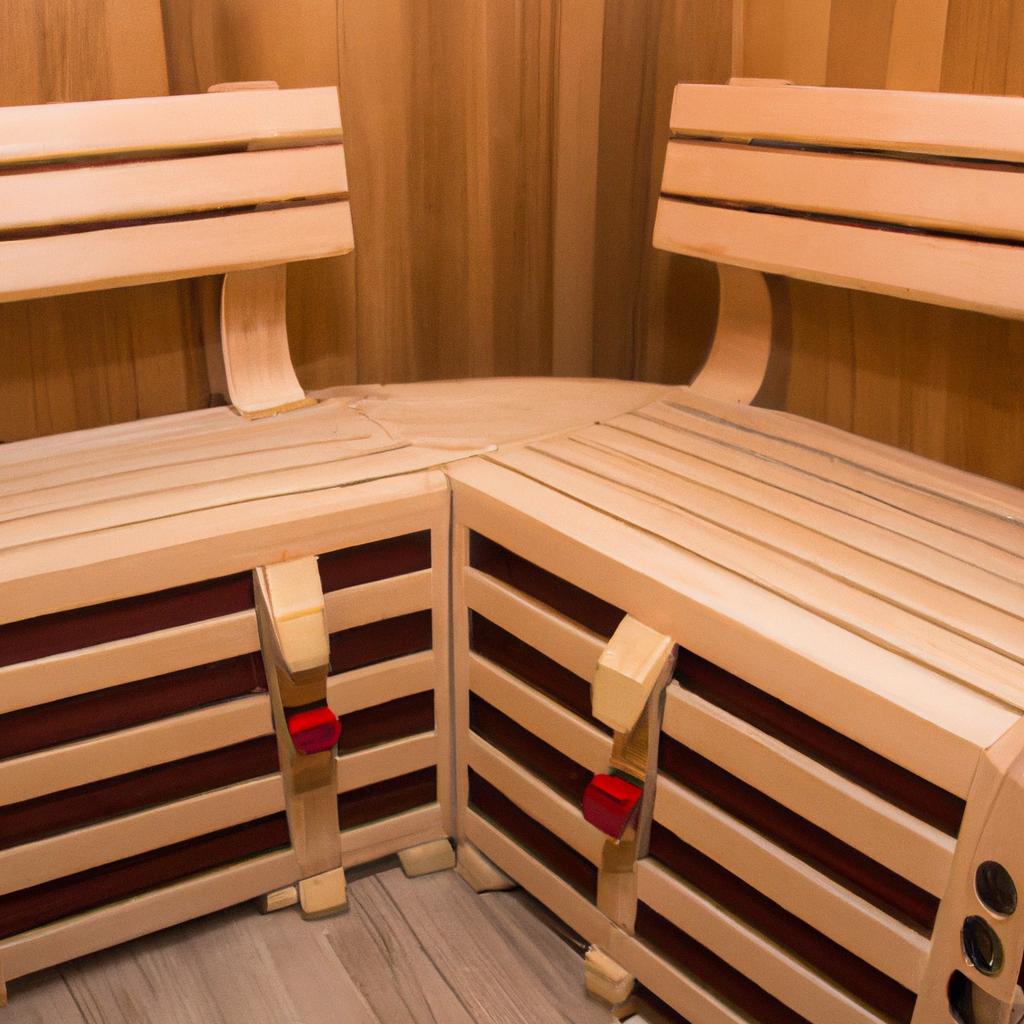**”Sauna Therapy for Athletes: How Regular Use Enhances Performance and Aids Recovery”**
# Sauna Therapy for Athletes: How Regular Use Enhances Performance and Aids Recovery
Athletes are constantly seeking ways to enhance their performance and accelerate recovery. While traditional methods such as rigorous training, balanced nutrition, and adequate sleep are fundamental, an often-overlooked tool is sauna therapy. This age-old practice, embraced in various cultures worldwide, offers a plethora of benefits that can significantly contribute to an athlete’s regimen. In this blog post, we will explore how regular sauna use can enhance athletic performance and facilitate recovery, along with practical tips on nutrition and exercise to maximize these benefits.
## The Science Behind Sauna Therapy
### How Sauna Therapy Works
Sauna therapy involves spending time in a heated room, typically ranging from 150 to 195 degrees Fahrenheit. The heat induces sweating, which helps to detoxify the body, improve circulation, and promote relaxation. When exposed to high temperatures, the body’s core temperature rises, leading to increased heart rate and blood flow, mimicking the effects of moderate exercise.
### Physiological Benefits
The physiological effects of sauna therapy are profound. When athletes use a sauna, the heat leads to increased heart rate, which can enhance cardiovascular function over time. Additionally, the process of sweating helps to flush out toxins and can improve skin health. Regular sauna use can also help reduce muscle soreness and stiffness, making it easier for athletes to bounce back between workouts.
## Health Benefits of Sauna Therapy
### Enhanced Recovery
One of the most significant advantages of sauna therapy for athletes is its role in recovery. After intense workouts, muscle tissues undergo strain and micro-tears. The heat from the sauna helps to increase blood flow to these areas, delivering essential nutrients and oxygen, which aids in muscle repair.
### Stress Reduction
Athletes often face high levels of stress due to competition, training schedules, and performance expectations. Sauna therapy promotes relaxation and can reduce cortisol levels, the hormone associated with stress. A reduction in stress not only enhances an athlete’s mental well-being but can also improve overall performance.
### Improved Flexibility
Heat therapy has been shown to improve flexibility and range of motion in joints and muscles. Regular sauna sessions can help athletes maintain greater flexibility, which is crucial for preventing injuries and improving performance across various sports.
## Nutrition Tips
### Hydration is Key
Hydration is essential when using a sauna, as the body loses a significant amount of water through sweat. Athletes should ensure they are adequately hydrated before entering the sauna and should drink water or electrolyte-rich beverages afterward to replenish lost fluids.
### Balanced Diet for Optimal Performance
To enhance the benefits of sauna therapy, athletes should focus on a balanced diet rich in whole foods. Nutrient-dense foods, such as fruits, vegetables, lean proteins, and healthy fats, support overall health and recovery. Foods high in antioxidants, like berries and leafy greens, can help combat oxidative stress resulting from intense training.
### Timing Your Meals
Timing your meals around sauna sessions can also optimize recovery. Consuming a protein-rich meal or snack after sauna use can further enhance muscle repair and rebuilding.
## Exercise Advice
### Incorporating Sauna Sessions
Athletes should consider incorporating sauna sessions into their regular training routine. A good practice is to use the sauna after workouts or intense training sessions when muscles are worn and in need of recovery.
### Gradual Acclimatization
Newcomers to sauna therapy should acclimatize gradually. Start with shorter sessions of 5-10 minutes and gradually increase the duration as your body becomes accustomed to the heat. This will help avoid overheating or discomfort.
### Listen to Your Body
Always listen to your body when using a sauna. If you feel dizzy, lightheaded, or uncomfortable, it’s essential to exit the sauna immediately and cool down. Understanding your limits will ensure a safe and beneficial experience.
## Conclusion
In summary, sauna therapy is an invaluable tool for athletes seeking to enhance their performance and expedite recovery. By promoting improved circulation, reducing stress, and aiding muscle repair, regular sauna use serves as a strategic addition to an athlete’s training regimen. Coupled with proper nutrition and exercise strategies, sauna therapy can help athletes unlock their full potential and maintain their competitive edge. Embrace the heat, and let sauna therapy elevate your athletic journey!















Post Comment